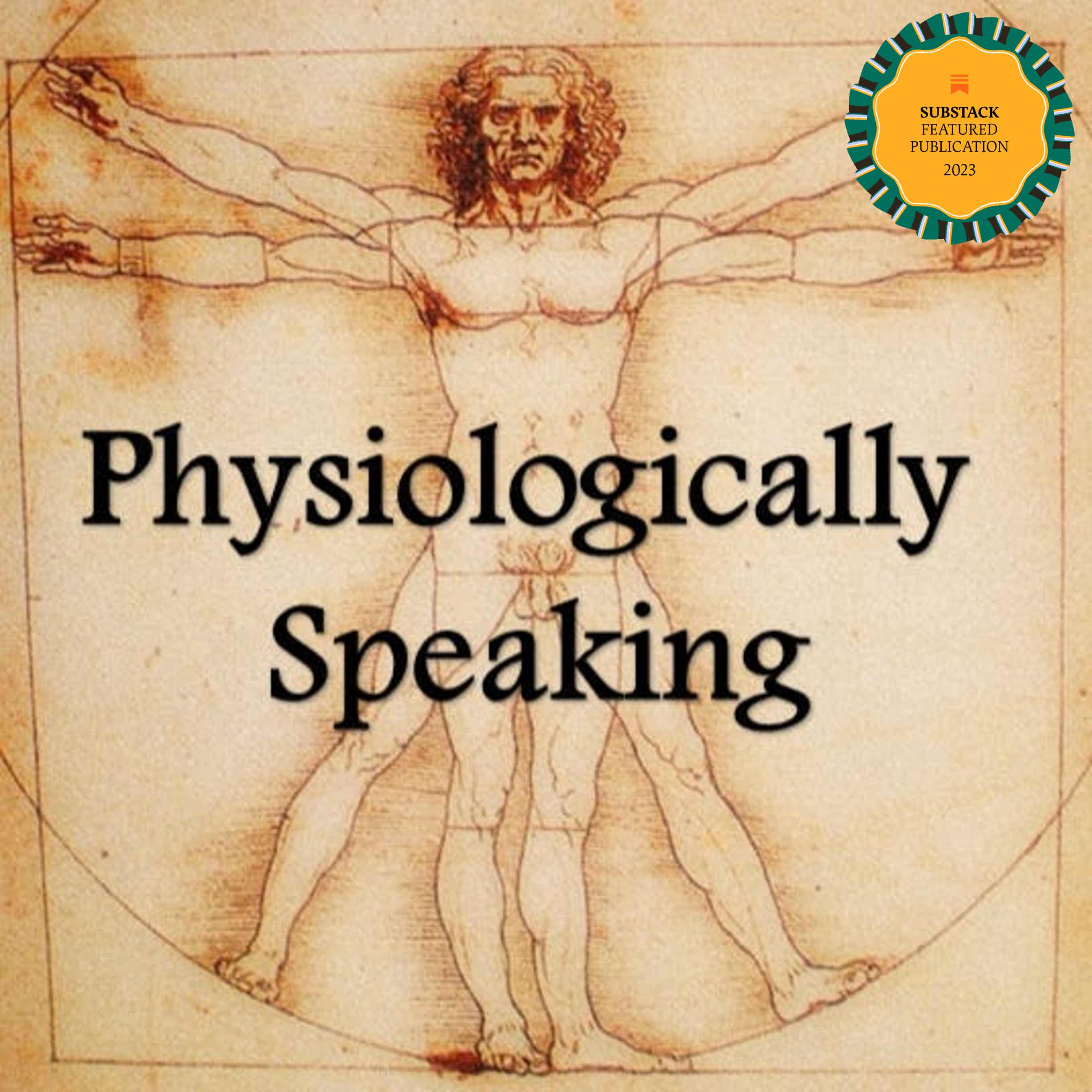Physiologically Speaking Q&A #1: CGMs, Time-restricted Eating, Endurance Training Structure, and More!
Description
Greetings!
Today I'm releasing the first installment of an audience question and answer!
This Q&A includes questions that I've received throughout the previous month related to nutrition, health, science, my routines, my training, etc.
These are questions I’ve received from my Substack subscribers, people on X who may send me direct messages, or question I’ve received about things I’ve posted on social media or my blog.
Physiologically Speaking is a reader-supported publication. To receive new posts and support my work, consider becoming a free or paid subscriber.
For this Q&A, I took a sampling of questions that I would be able to expand upon and provide some more context about, but also things that I thought you all might find interesting to know the answers to.
If you enjoy this Q&A, I would love to make this a monthly thing and at some point, I may start to submit requests for questions from my audience.
For now, the Q&As will just be a compilation of random questions that I have received.
This Q&A will be free to all subscribers so you can get a taste of what future Q&As might look like.
Watch the video above or, if you’re so inclined, I’ve provided a (rough) draft of the questions and my responses below! You can also download/listen to the podcast on Apple Podcasts.
Alright, let’s get to your questions.
Brady, how useful do you find CGMs? I have used them on and off for a while, and I have very mixed feelings. Sometimes I think they make eating more difficult. (Peter) Attia and others don't think that one should exceed a blood glucose of 140. I'm not sure that makes sense.
Tl;dr: Continuous glucose monitors can be extremely insightful to use for a month or two, but unless you have diabetes or are at a high risk of having diabetes, it’s probably not something you need to use all the time. I learned a lot about my body and responses to food and exercise by using a CGM For a month.
CGM is referring to continuous glucose monitoring. These are or once were only available to individuals with diabetes as a way to manage their glucose control. CGMs are a device placed on the back of your arm. A little needle is inserted and it goes into your interstitial space and it measures not blood glucose, but rather interstitial glucose.
Nonetheless, it can give a 24-hour reading of your blood glucose concentrations. CGMs are a lot better to use than just say a snapshot of your blood glucose after a meal. They allow you to see what your blood glucose levels are doing throughout the day.
So how useful do I find that they are?
I think that everyone should probably use a CGM at least once for maybe two weeks to a month or maybe up to two months. I think they can be very valuable, perhaps invaluable tools for learning about how your body responds to certain foods, learning about how your body responds to exercise or sauna or different types of stresses, and even what your blood glucose levels look like before you go to sleep at night or while you're sleeping or when you wake up in the morning.
I think that using a CGM for a month or two could give you an insight into here's what happens to my blood glucose when I eat some french fries or here's what happens when I'm fasted or you know in the middle of a high-intensity workout.
I used a CGM for about two weeks maybe even more like a month and I learned some interesting things. The most interesting thing was that not a lot of things food-wise, I guess, raised my blood glucose as much as I thought they might, maybe due to my exercise levels or the fact that, I mean, generally I tend to eat fairly healthy even though I do, you know, eat some carbohydrates and sugar from time to time.
But I found that it was very useful. I learned a lot, but I don't know if it's something that I would always use because in a way it did seem to get in the way of, or I guess make eating a little bit more difficult. I think that CGMs may not be good for people who are prone to having an eating disord
More Episodes
Published 09/04/24
Greetings!
David Roche is a decorated trail runner, coach, and co-founder of SWAP Running. He's a two-time national champion and a three-time Team USA member, and he recently set the course record at the Leadville 100 trail run with a time of 15 hours, 26 minutes, 34 seconds.
David and his wife,...
Published 09/04/24
Greetings friends!
In this interview, I sit down with Christina Smith, the Associate Director of Athlete Relations for the Enhanced Games.
Per the Enhanced Games website:
“The Enhanced Games are a celebration of the union of athletic excellence and scientific achievement.The Enhanced Movement...
Published 08/29/24


